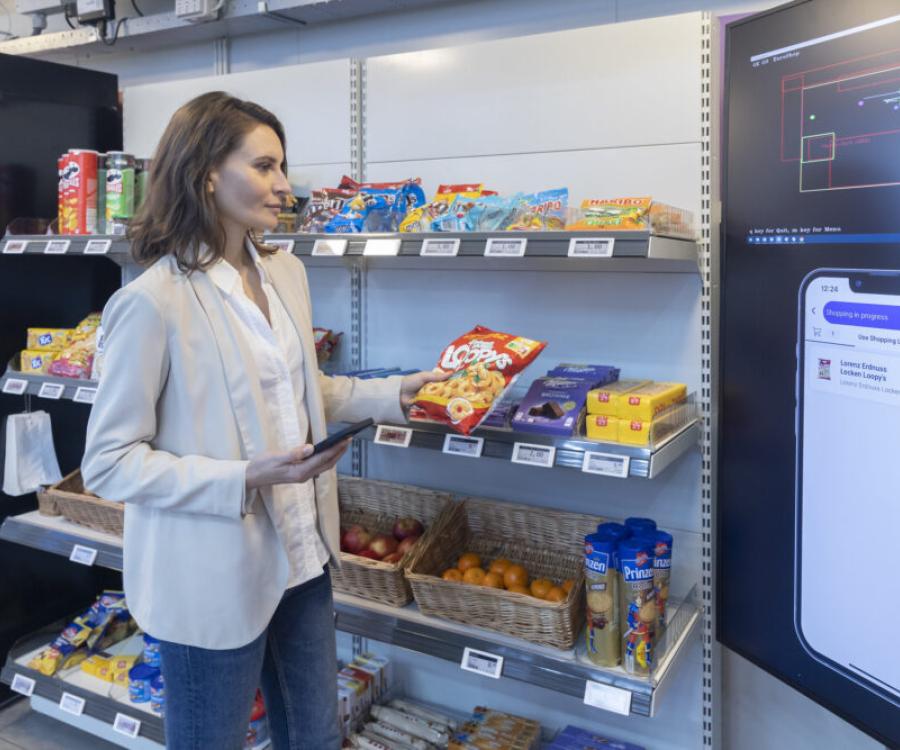
The e-commerce shopping experience is increasingly becoming a popular option for consumers during the festive season. Retailers therefore need to pay careful attention to their supply chains during this period, as operations and delivery are key to client satisfaction, maximizing brand exposure and increasing revenue.
Oliver Facey, Vice President of Operations for DHL Express Sub Saharan Africa points to the 2015 Benchmark report series: Ecommerce Holiday Trends, which shows that November and December drive 30% more e-commerce revenue than non-holiday months. “This surge highlights the impact of holiday season spending habits and why retailers need to optimize their service levels should they want to capitalize on consumers’ increased spending power over this period.”
Facey says that while Africa’s e-commerce industry is still relatively small in comparison to more mature markets, it continues to grow steadily each year, especially in light of consumers having increased access to the internet via mobile technology and a fast growing middle class. A McKinsey & Company report revealed that by 2025, e-commerce could account for 10% of retail sales in the continent’s largest economies and translate into $75 billion in annual revenue.
In the build up to the traditional festive season shopping rush, retailers – both brick and mortar and e-commerce stores – need to ensure that platforms are effectively managed to manage the influx of business. “Customer service is an area that needs attention. Often, businesses hire temporary staff during this period, so it is vital that adequate training is provided to guarantee that a high level of service delivery is maintained, and that employees are geared to handle any additional enquiries driven by the sudden surge in customers. As a service business, at DHL we ensure that have sufficient Certified International Specialists on duty, not only from an operational and customer service point of view, but also from support functions such as finance that will ensure we can resolve any account queries before the year closes.”
Facey says in terms of e-commerce platforms, this period is a highly competitive period, and supply chain management strategies are critical to effectively manage the increased demand. “Many platforms offer free or express shipping options, promotions and discounts. All of these are geared to drive and maximize sales when consumer spending is at its peak. This is a crucial part for retailers, as overselling a product or service and then being unable to deliver has the potential to do far more harm than good.”
“Retailers need to ensure their supply chain management is agile enough to handle the increased volume. To maximize profitability, retailers need quick, smart, cost-effective methods to fulfil orders timeously and accurately across multiple sales channels. Effective reverse logistics is also essential for managing returns and keeping the industry moving.”
Facey concludes: “Ultimately, it is essential for retail operations to perform optimally during this busy period, as it’s an opportunity to demonstrate their capabilities to a larger audience. Short term it will maximize profits, but in the long term, deliver return customers.
Source: Deutsche Post DHL





